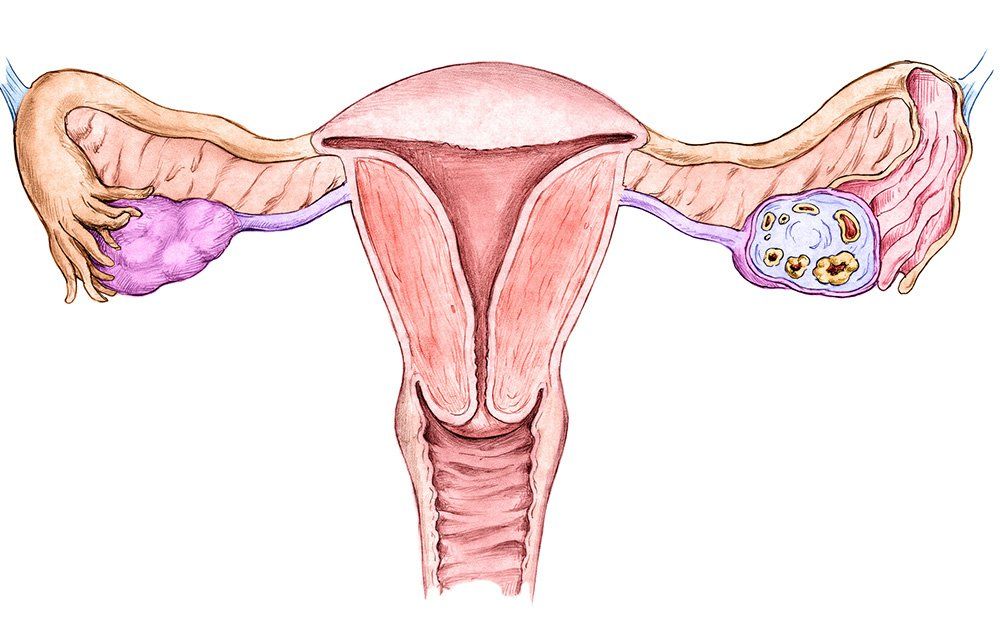Uterine cancer, also known as endometrial cancer, is a type of cancer that starts in the lining of the uterus. It predominantly affects women during and after menopause, but it can occur at any age. Recognizing the early signs of uterine cancer is crucial for early diagnosis and effective treatment.
In this article, we will explore the 8 early signs that one must know to stay informed about this condition and take proactive steps for their health.
Table of Contents
Uterine Cancer: 8 Early Signs That One Must Know
Uterine cancer can present with various symptoms, which can be easy to overlook. Being aware of these signs can make a significant difference in catching the disease early. Here are the key early signs to watch out for:
1. Unusual Vaginal Bleeding
Abnormal vaginal bleeding, such as bleeding between periods, after menopause, or unusually heavy periods, can be an indicator of uterine cancer. If you experience any unusual changes in your menstrual cycle, it’s essential to consult a healthcare professional.
2. Pelvic Pain or Discomfort
Persistent pelvic pain or discomfort that goes beyond normal menstrual cramps should not be ignored. While pelvic pain can have various causes, it’s essential to have it evaluated by a doctor, especially if it’s accompanied by other symptoms.
3. Painful Urination
Experiencing pain or discomfort during urination could be a potential sign of uterine cancer. However, it’s important to note that this symptom can also indicate other conditions, such as urinary tract infections, so a medical assessment is crucial.
4. Difficulty Emptying the Bladder
If you find it challenging to empty your bladder completely, it might be a sign of uterine cancer. This symptom could be attributed to the tumor pressing against the bladder, causing urinary retention.
5. Unexplained Weight Loss
Sudden and unexplained weight loss can be associated with various health conditions, including uterine cancer. If you are losing weight without making changes to your diet or exercise routine, it’s advisable to consult a healthcare professional.
6. Fatigue and Weakness
Persistent fatigue and weakness that don’t improve with rest could be indicative of uterine cancer. Cancer-related fatigue is different from normal tiredness and requires medical attention.
7. Abdominal Bloating
Frequent bloating or swelling in the abdominal area, even after meals, should not be ignored. While bloating can result from various factors, persistent bloating could be a symptom of uterine cancer.
8. Changes in Bowel Habits
If you notice significant changes in your bowel habits, such as diarrhea, constipation, or narrower stools, it’s important to discuss these changes with a healthcare provider. These changes could be linked to uterine cancer or other gastrointestinal issues.
Here are some additional things you can do to reduce your risk of uterine cancer:
- Get regular pelvic exams and Pap tests.
- Maintain a healthy weight.
- Eat a healthy diet.
- Exercise regularly.
- Don’t smoke.
- Limit your alcohol intake.
- If you are taking hormone therapy, talk to your doctor about the risks and benefits.
Conclusion
Being informed about the early signs of uterine cancer empowers women to take charge of their health. If you experience any of these symptoms persistently, consulting a healthcare professional for a proper diagnosis is essential. Remember, early detection can lead to more effective treatment outcomes and improved quality of life.
More Story | Breast Milk for Skin Whitening: Does it Work Or Not? What You Need to Know
FAQs
While uterine cancer is more common in women who have reached menopause, it can occur in younger women as well. It’s essential to be aware of the signs and consult a doctor if you have concerns.
Risk factors include obesity, hormonal imbalances, a history of certain reproductive conditions, and a family history of uterine or colorectal cancer.
Diagnosis involves a combination of physical exams, imaging tests, and biopsies. Your doctor will determine the appropriate tests based on your symptoms and medical history.
While there’s no guaranteed way to prevent uterine cancer, maintaining a healthy weight, staying physically active, and managing hormone levels can contribute to lowering the risk.
Early detection significantly improves the prognosis. With prompt medical intervention, the chances of successful treatment and recovery are higher.











